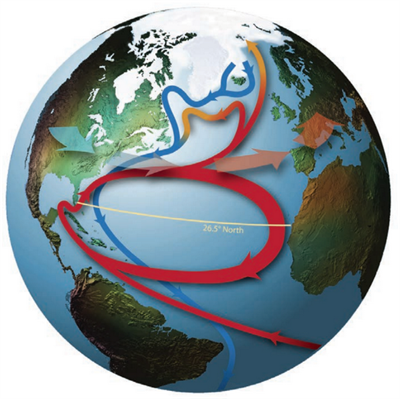22 June 2015, The Conversation, Climate: the elephant in the room for developing northern Australia: The recently released white paper on developing northern Australia ignores an elephant in the room: climate change. While the paper sees a bright future for the north (roads, rail, dams and food), without considering climate change we can’t be sure the north will even be liveable. The white paper also fails to take into account other environmental constraints such as water and soils….. The white paper has not referenced high-quality expert advice prepared by the Northern Australian Land and Water Task Force…. The white paper ignores reference to sophisticated climate change projections for northern Australia developed by our own CSIRO and Bureau of Meteorology. Climate projections for the north this century paint a dire future and bring into question the feasibility and affordability of many of the development policies, plans and projects outlined in the white paper. Read More here

